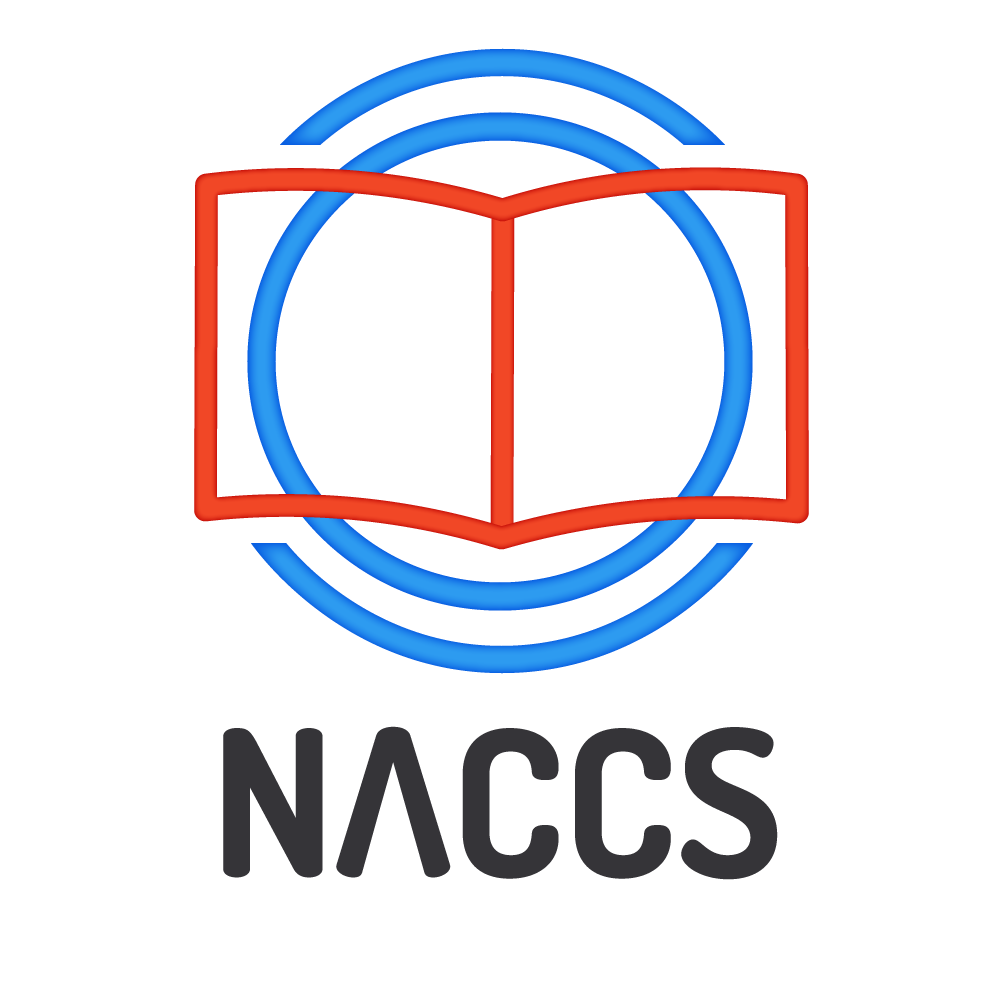Narrative Accountability in Cultural and Community Settings (NACCS) is a 36-month Strategic Partnership in the Field of VET (Innovation) project. The project brings together seven partner organizations from Germany, Italy, Greece, The Netherlands, and Cyprus, representing diverse cultural and political landscapes. This collaboration is expected to yield comprehensive and versatile intellectual outcomes and have a significant impact across Europe. The overarching vision of NACCS is to establish a pan-European responsible practice for conducting digital storytelling.
Narrative accountability refers to the concept of taking responsibility for the power dynamics, ownership, control, and democratization involved in storytelling. It involves being conscious of the impact of narratives on individuals, communities, and society as a whole, and ensuring that storytelling practices are inclusive, ethical, and promote social justice.
One example of narrative accountability is when an organization collects personal stories from individuals who have experienced a specific issue, such as discrimination or inequality. In this case, narrative accountability would require the organization to handle these stories with care, respect the ownership and agency of the storytellers, and ensure that their voices are accurately represented and not distorted or misused for any unintended purposes. It also involves acknowledging the power dynamics inherent in storytelling and actively working to create an inclusive space where marginalized voices are heard and valued. By practicing narrative accountability, the organization can promote a more accurate and empowering representation of individuals’ experiences and contribute to positive social change.
The primary objective of NACCS is to promote the use of narrative accountability in cultural and civic fields, encompassing power dynamics, ownership, responsibility, control, and the democratization of storytelling. The project aims to support organizations in utilizing stories in more inclusive ways. To achieve this, NACCS will conduct research on existing practices and develop a set of governing principles for narrative accountability. Additionally, tools will be created for VET (Vocational Education and Training) practitioners to enhance their learning and improve educational delivery. The project will also provide training sessions to develop partners’ expertise in this field, and multiplier events will be organized to share the acquired knowledge with VET providers, researchers, and policymakers.
Throughout the NACCS project, all partners will conduct research on the existing use of narrative accountability in cultural and community contexts at the local, national, and pan-European levels. Trainers and educators working in cultural and community settings will be trained to think critically about narrative accountability and its practical application. The ultimate goal over the course of 36 months is to raise awareness about the role and practical implementation of narrative accountability in cultural and community contexts.
Furthermore, the partners will develop peer learning opportunities, both online and offline, for practitioners working with narrative in cultural and community contexts. The selection of partners was based on their skills and expertise in the field of vocational training, ensuring complementarity and the achievement of the project’s objectives. Each partner brings unique expertise in their target areas and territories. The diverse range of partners allows for a broader scope of target groups and more comprehensive databases to support the planned events over the 36-month period starting from November 2021.
Having partners from different countries facilitates the organization of events and workshops in various locations. Each partner possesses in-depth knowledge of their respective territories and can contribute their recognized expertise to benefit the target groups. The exchange of knowledge across geographical borders fosters the development of ideas, expands the horizons of the target groups beyond their cultural bubbles, and encourages innovation. With a trans-European vision, NACCS aims to establish a comprehensive and cohesive community of peers with diverse competences. This community enables practitioners to learn from one another and experiment with different practices and methods throughout the project. Ultimately, NACCS aims to establish common pan-European principles, sharing values that will lay the foundation for a stronger and sustainable collaboration.
-
Results:





